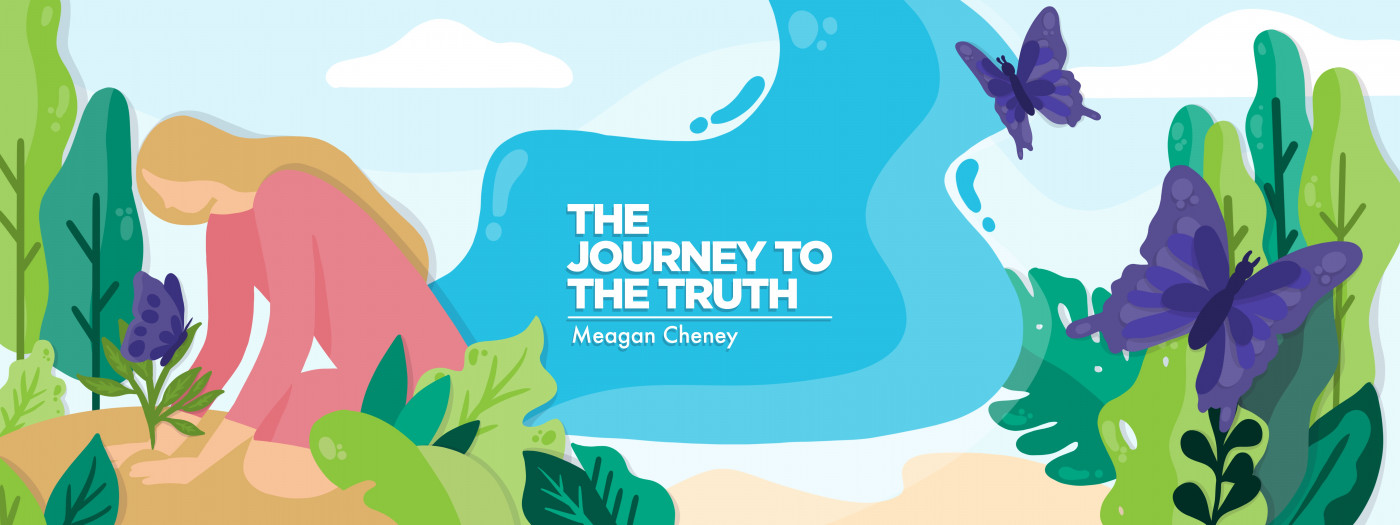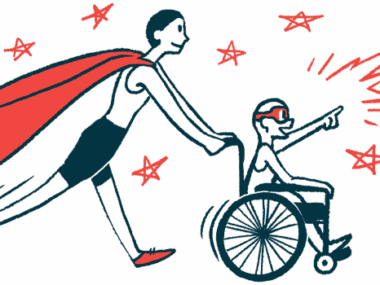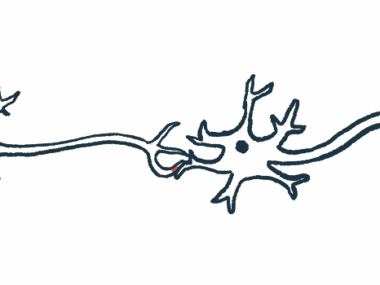My Kids Who Don’t Have Dravet Syndrome Need Care, Too
Written by |

My daughter Austen’s first seizure was one of the worst nights of my life. She is 6 years old now, and has been diagnosed with Dravet syndrome for five. My heart still pounds and my hands become sweaty just thinking of that first night holding my baby as I waited for paramedics to arrive at our door.
The journey of getting her diagnosis, moving to Colorado, and trying medication after medication to treat her seizures was hard on us as parents. No one wants to see their baby suffer.
But early on, I realized Austen wasn’t my only baby who was suffering. Dravet syndrome was taking a toll on her siblings as well.
Addi, my oldest daughter, is 13. She was 7 when Austen had her first seizure. While she didn’t fully understand what was going on, she did understand two things: 1) Her sister was sick, and 2) what was going on could very well kill her sister.
Addi had already dealt with a lot of change in her young life. An Army brat, she’d moved six times by the time she turned 7. We thought we were home for good when we moved back to Texas in 2014, and she was not happy at all about us moving to Colorado less than two years later.
Addi started experiencing symptoms of anxiety and was acting out at home and in church. Thankfully, we had amazing family support before our move, and outstanding support from our churches in both Texas and Colorado, that helped us love and encourage her during tough times.
My son, Atlas, was slower to experience anxiety. He was only 2 when Austen had her first seizure, so he’s never really known a different life. He would eagerly grab her oxygen tank, or hold her hand while she dozed in a postictal slumber. It was his normal.
Still, after more than a five-month break from seizures last winter, Austen’s birthday seizure in May hit Atlas hard. He suddenly began experiencing a ton of anxiety and isn’t sure how to handle it. He worries about Austen constantly, as well as other aspects of his life, such as whether or not he’s telling the truth.
With all the stress that comes with having a special needs child, it can be easy to let their siblings fall by the wayside. They seemingly don’t need us as much, and they know this. This can make it easy for a parent to give more attention to their “sick” child than their “healthy” ones. I don’t say this out of judgment, but as a result of noticing it in our own home as well.
My husband and I have had to make a conscious effort not to exclude Addi and Atlas, and ensure they get just as much of our time as Austen does. This can mean planning special one-on-one dates, staying up late with Addi, or waking up early with Atlas so that they can have some time with just us. It doesn’t have to be huge. Addi is more than happy to stay up and watch anime with her dad at night.
We’ve also had to make sure we are paying close attention to our older children’s mental health. We try to talk with Addi and Atlas often to see what’s on their minds. A year ago, we decided it was time to put Addi in therapy and start her on a low dose of an anti-anxiety medication. It has made a world of difference for her. Addi has since been able to move from weekly therapy to monthly therapy. If Atlas remains as anxious as he has been recently, we will consider therapy for him as well.
I’ve said it before, and I will say it again: Being a special needs sibling is a harder job than being a special needs parent. Their idea of a perfect world is shattered at such a young age as they learn about the ugly possibilities that can lurk behind each corner. Special needs siblings deal with the same grief and stress that parents do, but it happens in their foundational years, when life should seem like a fairy tale, and heartache should still be unknown.
I grew each of my children in my belly. I was the first person to really know each of them. I have been their safe harbor since the moment they were conceived, and it is my goal to be that until the moment I am gone — special needs or not.
***
Note: Dravet Syndrome News is strictly a news and information website about the disease. It does not provide medical advice, diagnosis, or treatment. This content is not intended to be a substitute for professional medical advice, diagnosis, or treatment. Always seek the advice of your physician or other qualified health provider with any questions you may have regarding a medical condition. Never disregard professional medical advice or delay in seeking it because of something you have read on this website. The opinions expressed in this column are not those of Dravet Syndrome News or its parent company, Bionews, and are intended to spark discussion about issues pertaining to Dravet syndrome.







Leave a comment
Fill in the required fields to post. Your email address will not be published.